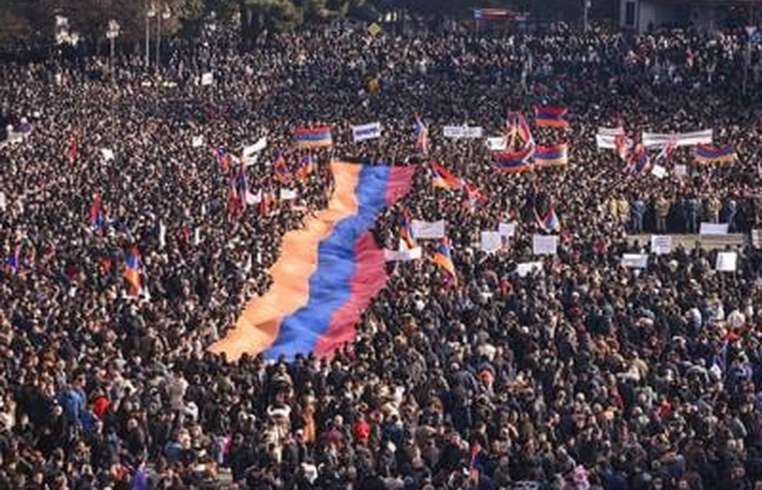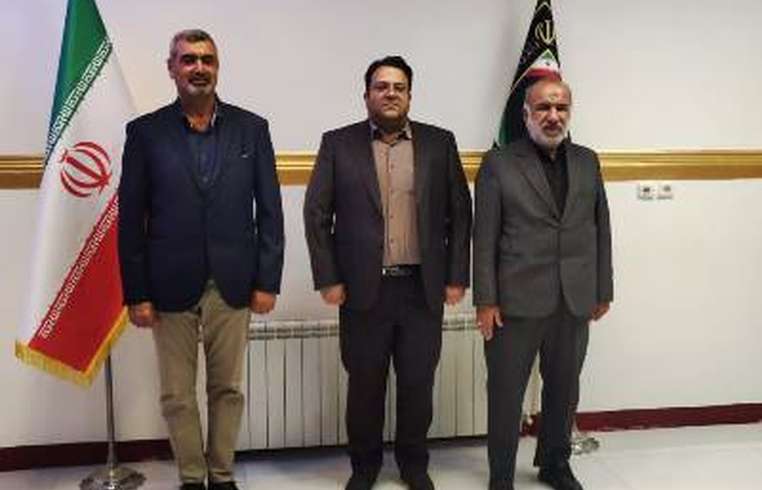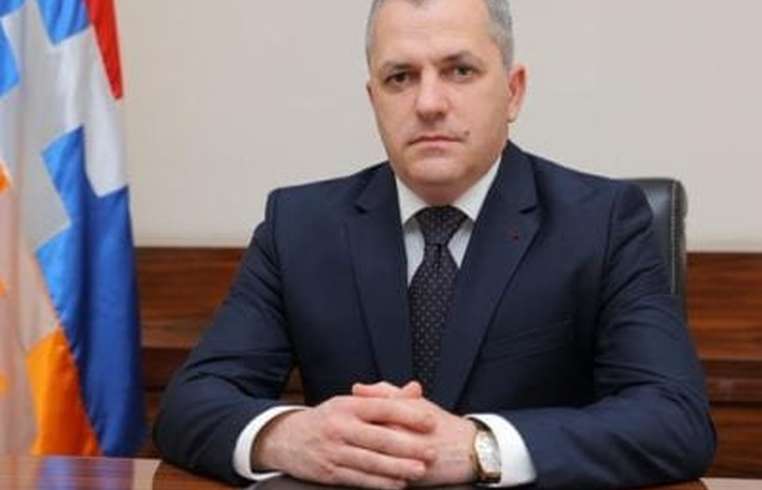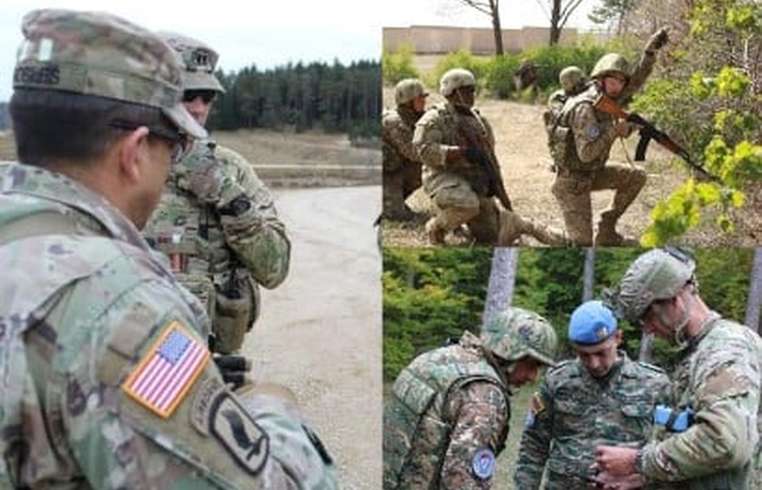
News - New investigation shows how Nagorno-Karabakh blockade by Azerbaijan instigated crimes of genocide
Business Strategy
New investigation shows how Nagorno-Karabakh blockade by Azerbaijan instigated crimes of genocide
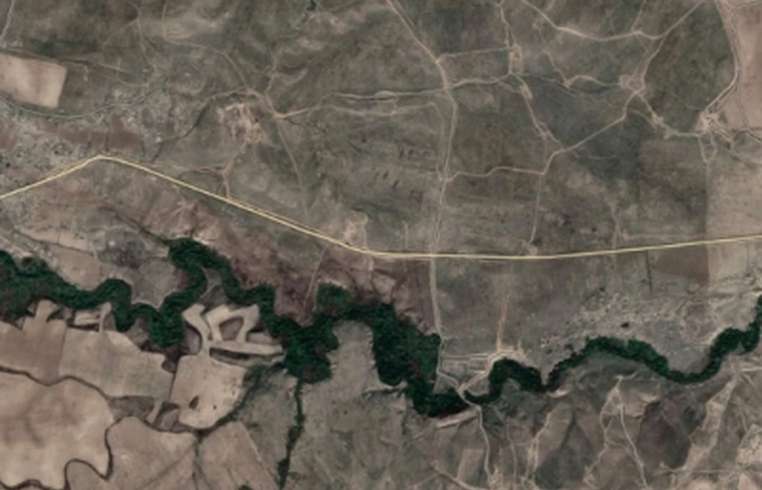
The Zovighian Public Office (ZPO) has published an open-source intelligence (OSINT) and geolocation report at the one-year mark of the start of the blockade of Nagorno-Karabakh, known to Armenians as Artsakh, The Zovighian Partnership informed in a press release. The report was commissioned to explore if Azerbaijan imposed a blockade on the indigenous Artsakhi Armenian population at the Lachin Corridor. The report, titled, “From blockade to war: The ethnic cleansing of the Armenians of Nagorno-Karabakh,” was co-authored by ZPO Founder Lynn Zovighian with an anonymous open-source intelligence analyst. It is part of a wider series of commissioned research ZPO is working on to highlight the suffering of the historic Armenian community, and their demands for rights, justice, and accountability. The report presents detailed evidence refuting three consistent claims made by the Azerbaijani government throughout the blockade:: Claim 1: There was no road closure and no blockade. Claim 2: Azerbaijan had the right to erect a checkpoint at its border with Armenia. Claim 3: There was no blockade because alternative roads could be used. “We decided to study the Lachin Corridor blockade by carefully examining the language and material published by the Azerbaijani government and state-sponsored actors,” explained Zovighian. “To understand their intentions, it was important to understand their positions and how they devised calculated steps to fully annihilate Artsakhi Armenians from their historic land.” The report demonstrates how with these three claims, Azerbaijan was able to build and leverage a confounded rhetoric to build diplomatic credibility with the international community, without needing to give back any negotiating power or backtrack on any of their positions and actions. The evidence demonstrates how an unconventional war began on December 12, 2022, before pivoting into a conventional war on September 19, 2023. The co-authors conclude that the blockade, both in its design and execution, was multi-dimensionally creative and effective. Studying the first claim, the co-authors provide detailed evidence showing how the so-called eco-activist protest created both a physical obstruction and hostile space on the Lachin Corridor, evoking physical unsafety and psychological terror for any Armenian traveler. Geolocation analysis shows that with no mines in the immediate vicinity, the choice to block this particular route to protest alleged Armenian mining activities in the region remains unexplained and unjustified. The study of online images demonstrates that the Lachin Corridor road was clearly closed and humanitarian convoys and Armenian travelers could no longer enter and exit freely, safely, unconditionally, and uninterrupted. Analyzing the second claim, the report details how Azerbaijan militarized and institutionalized a comprehensive siege of Nagorno-Karabakh by erecting a checkpoint at the Lachin Corridor. This came in response to global pressure to respect international humanitarian law, whereby the government of Azerbaijan presented a counter argument claiming their sovereign right to territorial integrity. The report argues that while the Trilateral Agreement, already weakened by the alleged protest, was clearly violated and nullified by the checkpoint. The analysis in the third claim explains how the Lachin Corridor road remained the only possible connection by land between Nagorno-Karabakh and Armenia. “It was a perfect blockade,” explained Zovighian. “We now can see how the government of Azerbaijan exploited geographic and geopolitical vulnerabilities to achieve the full expulsion of the Artsakhi Armenian population out of Nagorno-Karabakh.” “The people of Artsakh Nagorno-Karabakh have greatly suffered. Collecting and presenting evidence of the injustices of blockade, war, and genocide is critical and urgently needed. This report painstakingly presents clear evidence of crimes of genocide and methodically demonstrates a strategy of ethnic cleansing by Azerbaijan,” said Gegham Stepanyan Human Rights Defender (Ombudsman) of the Republic of Nagorno-Karabakh. Zovighian added, “The blockade of Artsakh Nagorno-Karabakh is not over, because with the right of return for displaced Artsakhi Armenians still far from secured, there is still no way to go back home.”


